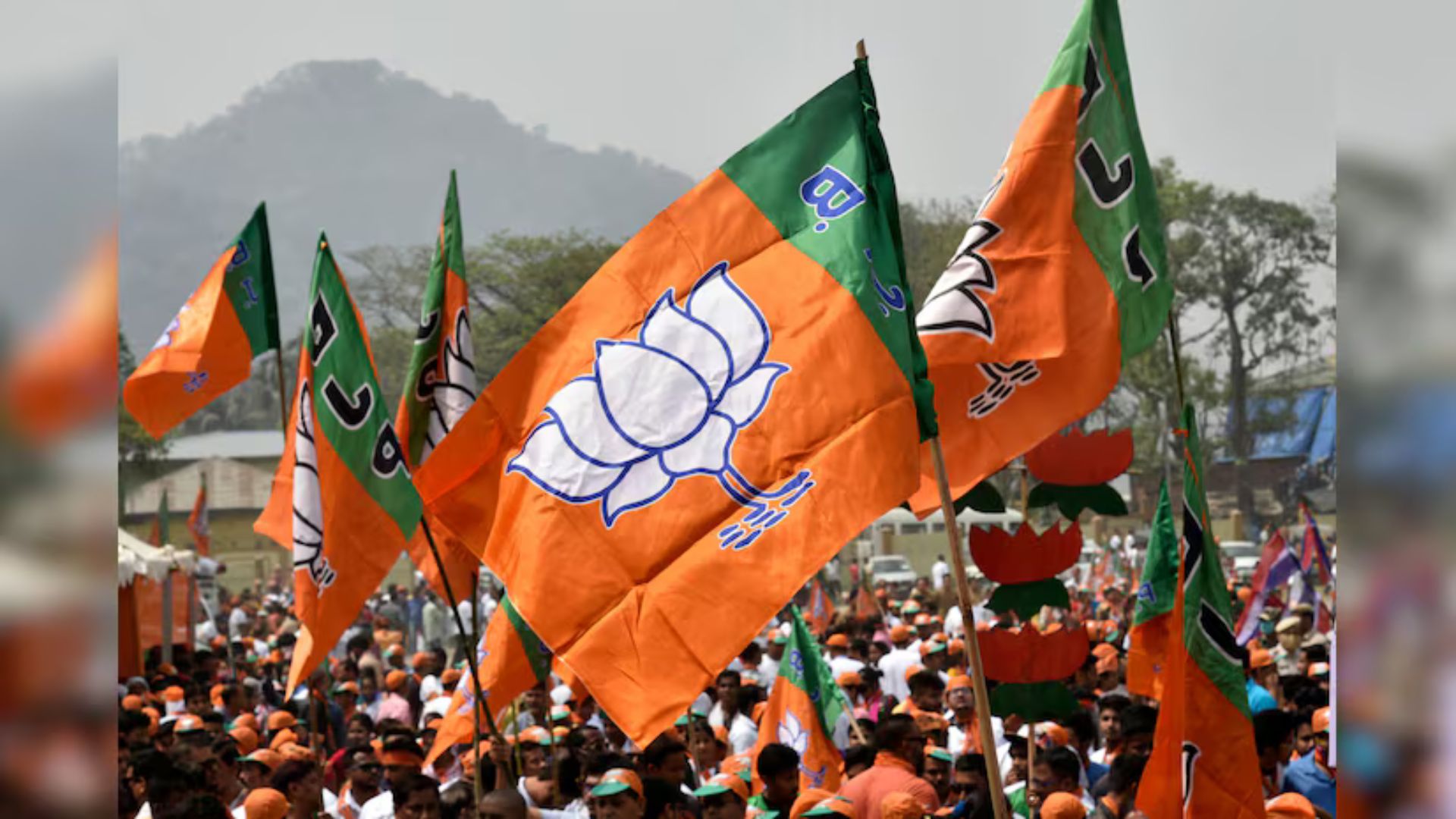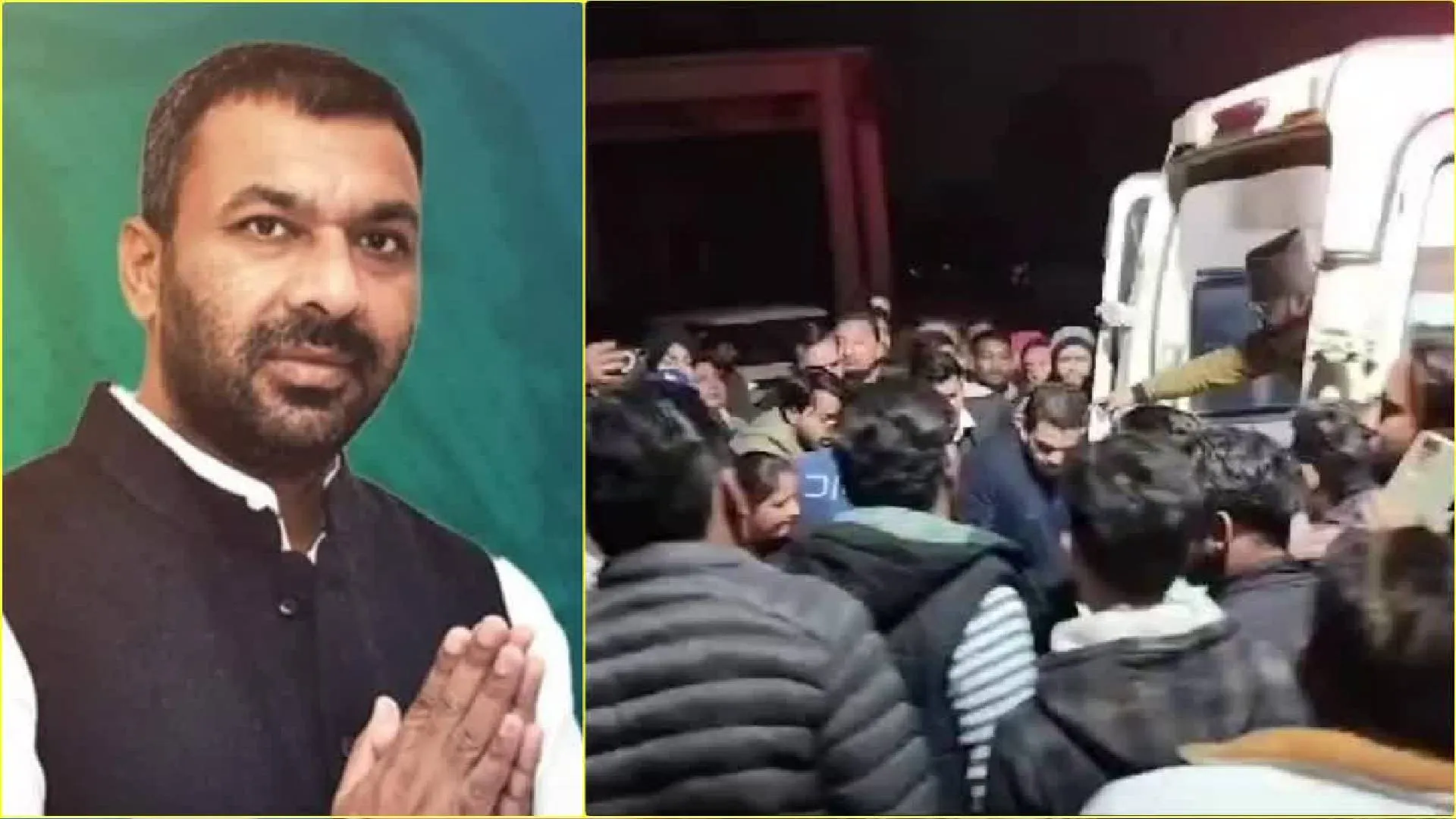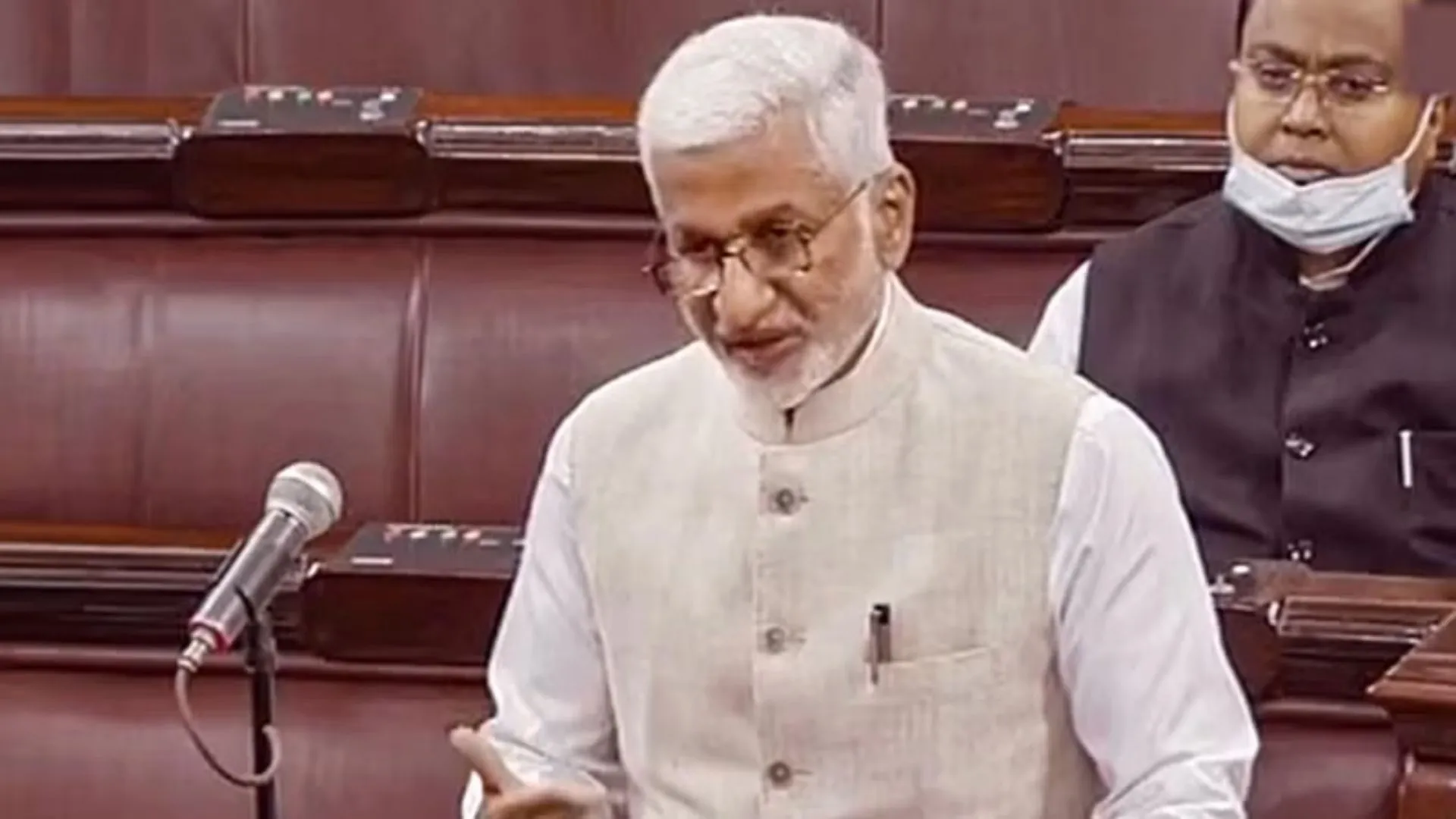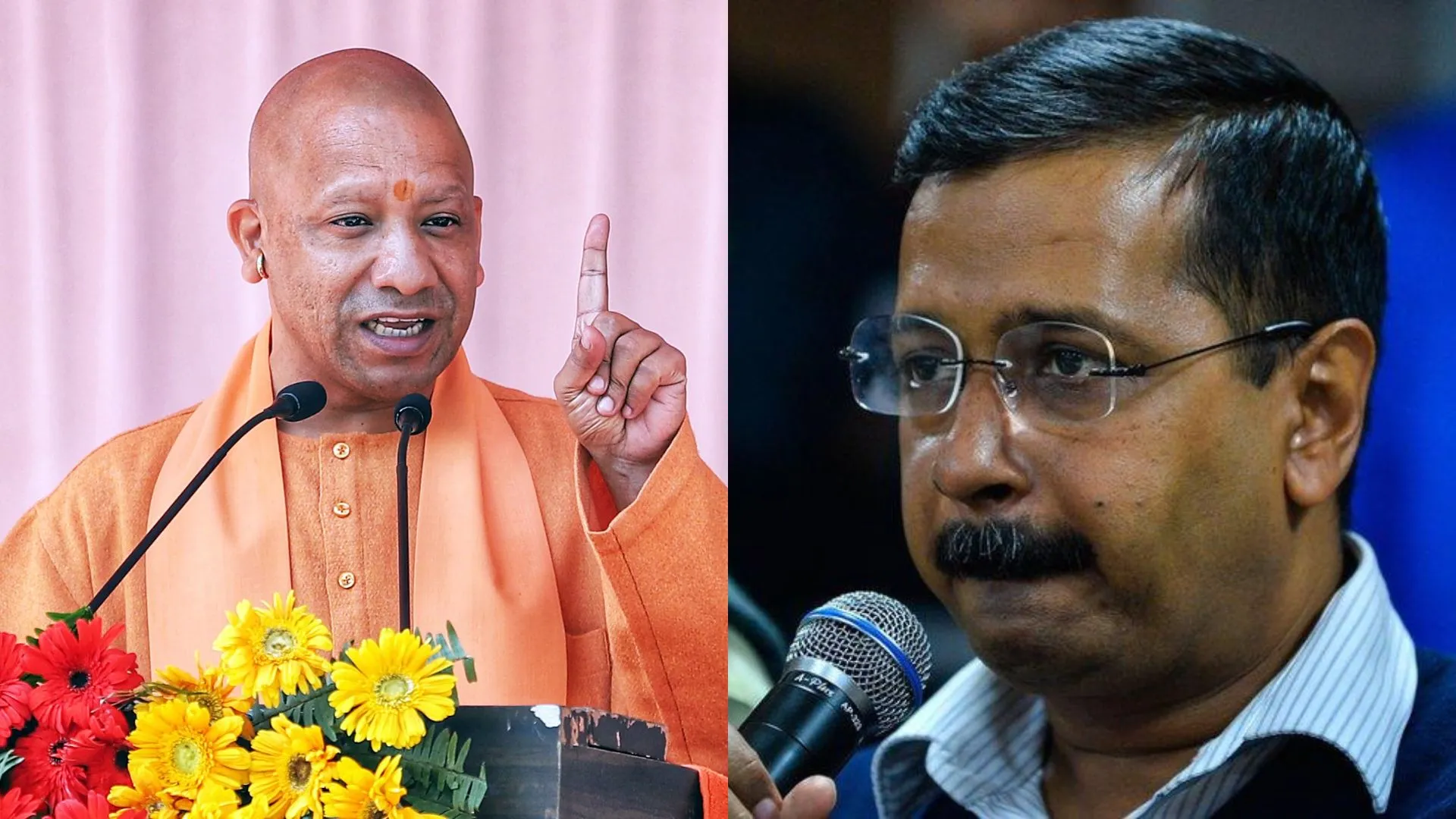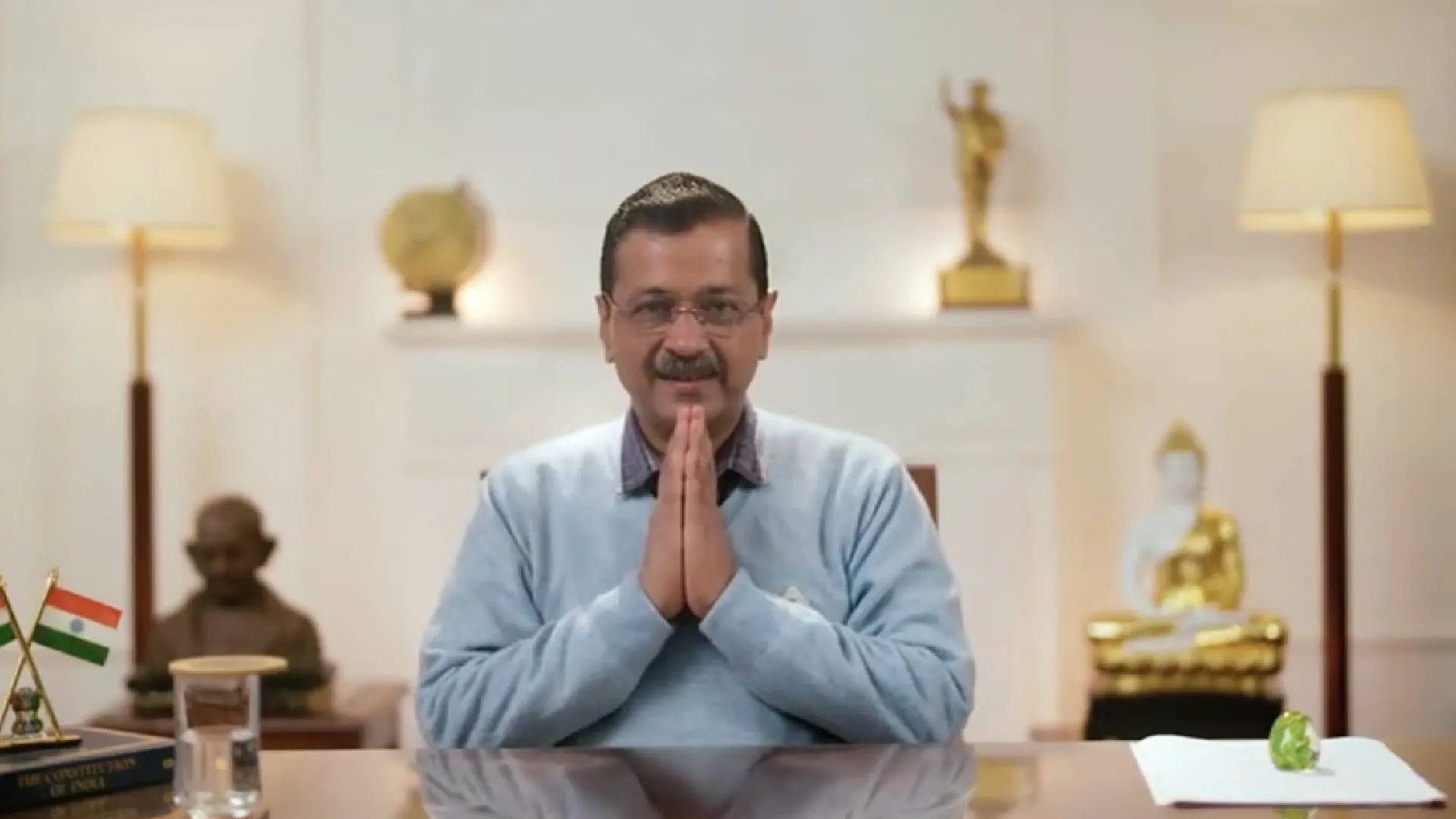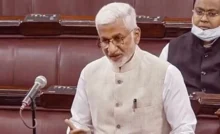The resignation of Delhi minister Kailash Gahlot has sparked a new political confrontation between the Bharatiya Janata Party (BJP) and the ruling Aam Aadmi Party (AAP). Gahlot, who was a prominent figure in the AAP government, resigned from both his ministerial post and the party, citing deep concerns over its current direction.
BJP Launches Attack on Arvind Kejriwal
BJP leaders quickly seized upon Gahlot’s resignation as evidence of turmoil within AAP. BJP spokesperson Manjinder Singh Sirsa accused AAP of sinking under the leadership of Arvind Kejriwal. Speaking to ANI, Sirsa remarked, “The AAP boat is sinking, and everyone is trying to save themselves. Kailash Gahlot’s resignation has validated what we have been saying all along. It is clear that Arvind Kejriwal is involved in corrupt activities.”
Pradeep Bhandari, another BJP leader, echoed these sentiments, stating that Gahlot’s departure reflects the disillusionment of the people of Delhi. “Kailash Gahlot’s letter expresses what the residents of Delhi have felt for a long time. AAP has become synonymous with corruption, misgovernance, and extravagance, like the ‘Sheeshmahal’ controversy. Arvind Kejriwal enjoys air purifiers in his residence while leaving Delhiites to suffer in the polluted air,” Bhandari told ANI.
Responding to the BJP’s accusations, AAP’s Rajya Sabha MP Sanjay Singh accused the BJP of orchestrating a campaign of harassment against Kailash Gahlot. Singh claimed that Gahlot was forced to resign due to relentless pressure from the BJP, citing multiple raids conducted by the Enforcement Directorate (ED) and Income Tax Department. “This resignation is part of the BJP’s dirty politics and conspiracy. They accused Gahlot of embezzling ₹112 crore and subjected him to extensive raids, leaving him with no choice but to step down,” Singh argued.
Kailash Gahlot Cites Concerns Over AAP’s Direction
In his resignation letter, Kailash Gahlot expressed disappointment with the AAP’s shift away from its founding principles. He criticized the party’s growing focus on political ambitions over its core mission of serving the common people. Gahlot pointed out several unfulfilled promises, including the commitment to clean the Yamuna River, which remains heavily polluted. He noted that controversies like the ‘Sheeshmahal’ issue have led to public disillusionment with the party, casting doubt on whether AAP still upholds its identity as a party for the “Aam Aadmi.”
Gahlot’s resignation comes just ahead of the upcoming Delhi assembly elections scheduled for 2025, adding to the challenges faced by AAP as it gears up for the polls. Delhi Chief Minister Atishi has accepted Gahlot’s resignation and acknowledged his concerns, but the move has triggered fresh speculation about internal discord within the party.
The resignation of a senior minister like Gahlot has created ripples within AAP’s political landscape, raising questions about its ability to maintain a united front in the run-up to the 2025 assembly elections. Gahlot’s critique of the party’s deviation from its original objectives and failure to deliver basic services may resonate with voters and provide the BJP with fresh ammunition in its campaign against the Kejriwal-led government.
The BJP has intensified its attack, branding AAP as a party mired in corruption and mismanagement, while AAP maintains that Gahlot’s resignation is the result of political pressure rather than internal discord. As the political drama unfolds, both parties are preparing for what is likely to be a heated battle for control of the Delhi assembly.


